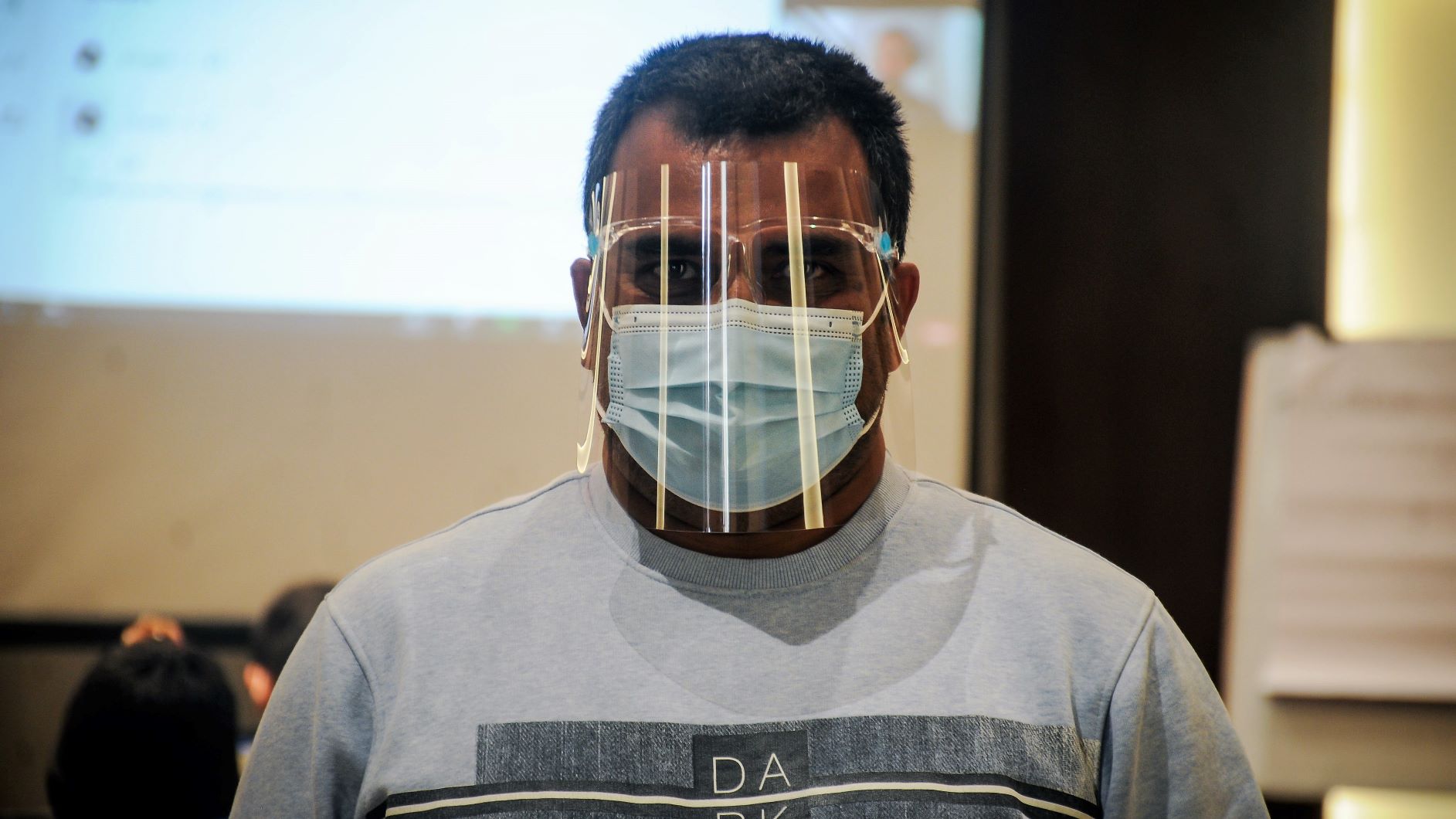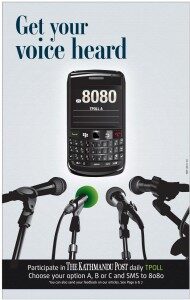The Ministry of Information and Communication (MoIC) has thrown out a draft of Media Policy 2012 urging stakeholders to send feedback that it said will be incorporated before finalizing it. A Non-Governmental Organization (NGO) has published front-page advertisements urging all concerned organization and people to send the feedback to their email. The NGO also held three consultation meetings, including one in Kathmandu, to discuss the proposed media policy.
The proposed policy is prepared by a committee headed by MoIC joint secretary under a project funded by Japan International Co-operation Agency (JICA). The ‘Project for Promoting Peace Building and Democratization through the Capacity Development of the Media Sector in Nepal’ (or Media for Peace Project) aims to achieve two targets: first, functioning of Radio Nepal as a public service broadcasting (PSB) and second, revision of media policy, acts, regulations and guidelines. Continue reading…


